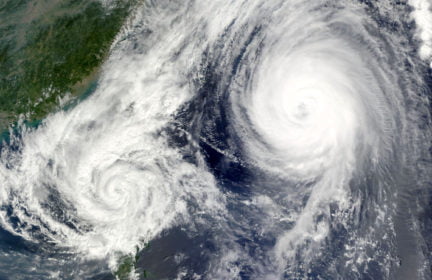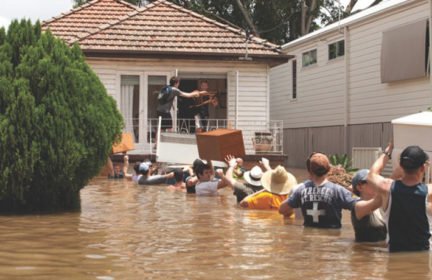10-80-10 survival principle
Hey everyone!!
I recently learned from a church lesson about some people going through an earthquake and the speaker talked about the 10-80-10 principle. I had never heard of it and wanted to share it with you all and see what your thoughts were.
In a disaster there will be three groups of people:
–10% of people will be just fine, be able to pull themselves together relatively quickly and take charge of the situation.
–80% of people will not know what to do, be in shock, and will wait for others to give them instructions.
–10% of people will go nuts, panic, and put themselves or others into greater danger.
I’m sure this principle will apply to other areas as well, maybe like with a work assignment or something. Maybe there is a correlation between the old fight-flight-or freeze?
What are your thoughts on this? What group do you think you would be in? Are there friends or family members that you can place in each category? What can we do to put ourselves into that 10% that can handle a disaster well?
Mental and emotional prepping is at times even more important than having a first aid kit or solar panel. Even if you have all the preps in the world, if you aren’t able to cope with things you won’t survive.
-
Comments (12)
-


